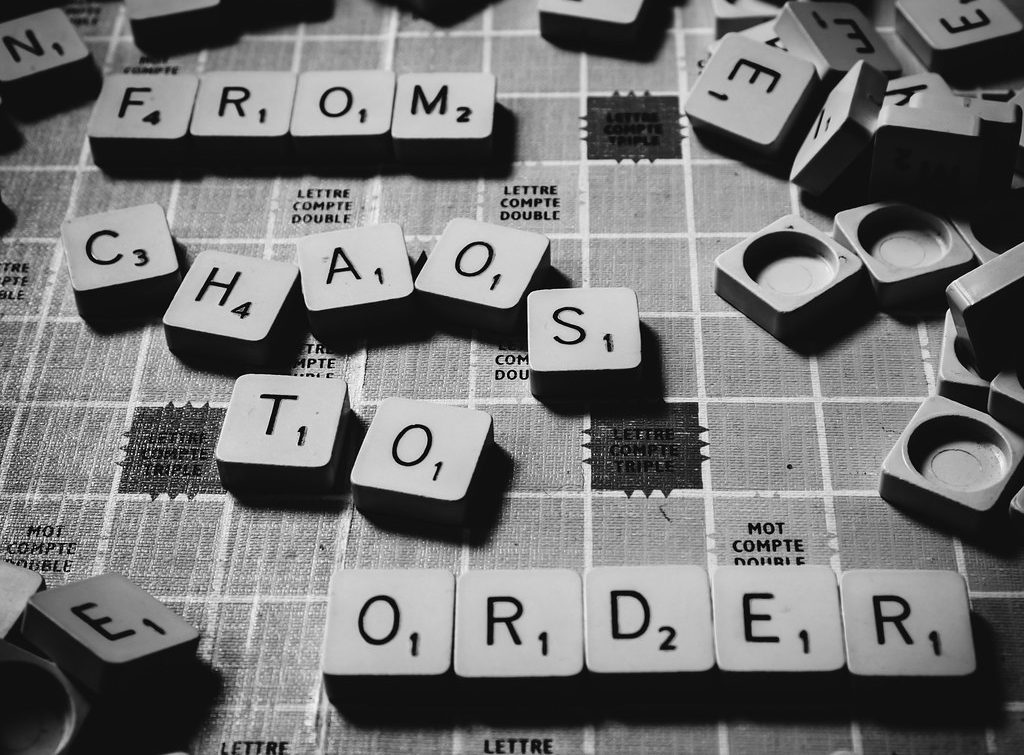

When a country emerging from a period of conflict must face the consequences of widespread or systematic human rights abuses, the ordinary justice system will often not be able to cope. Transitional justice steps in so that appropriate remedies can be found. In order to achieve this institutional reform is usually required. Finding redress for victims and filling the rule of law, the vacuum left after a conflict, are the central focuses of transitional justice.
PROSECUTION, ACCOUNTABILITY AND TRUTH FINDING
Truth, or fact, finding processes by non-judicial bodies plays an important role in the first steps of recognition of suffering. The recommendations of truth commissions or similar bodies may then contribute to criminal justice, reparations and institutional reform. Here are some examples of their roles in the following countries:
SIERRA LEONE
The Truth and Reconciliation Commission was established in 2002. It introduced a reparations programme which since 2007 has been run by the National Commission for Social Action since the Government established it as the official agency for distributing reparations. In addition to this, on request of President Ahmad Tejan Kabbah, the UN helped to establish The Special Court for Sierra Leone to prosecute those responsible for human rights violations during the conflict
KENYA
The Commission of Inquiry on Post-election Violence (the Waki Commission) and Independent Review of the Elections Commission were created in January 2008 and gave their recommendations in October of the same year. Some implementation of these recommendations has begun, including a new constitution adopted in 2010, but the proposed creation of a special tribunal to prosecute perpetrators of post-election violence was defeated in Parliament.
TUNISIA
In 2013, Tunisia’s parliament passed the Transitional Justice Law setting up a framework to address violations committed between July 1955 and December 2013. This included the setting up of the Truth and Dignity Commission, which is empowered to issue urgent reparations but mainly makes recommendations for reparations and institutional reforms. A specialized chamber was also created to pursue criminal prosecutions for specific past violations including deliberate killing, sexual violence, torture and execution without a fair trial.
THE RULE OF LAW
Often in a post-conflict country, organized criminal groups will be better resources than the local government and better armed than local law enforcement. However, restoring the legitimacy of national institutions is a long-term objective while redress for human rights and the restoration of the rule of law are urgent objectives. This often requires the involvement of external help from the UN. For example, where the country’s own civilian police are undertaking a process of reform, United Nations civilian police, although not empowered to carry out executive functions such as arrest and detention, can improve safety as simply the presence of law enforcement officials on the streets reduces looting, rape, robbery and murder.
By: LILLY SARTISON, Right for Education
The ideas, conclusions, and recommendations of any article in Somaliland.com are solely those of its author(s) and do not reflect the views of the Institution, its management, or its other scholars.
more recommended stories
 The Imminent Collapse of SSC-Khaatumo: A Militia Administration at the Brink of Extinction
The Imminent Collapse of SSC-Khaatumo: A Militia Administration at the Brink of ExtinctionSSC-Khaatumo, the eastern Sool region administration,.
 Somaliland’s Statehood: Rooted in History, Built on Stability – Presidential Spokesperson
Somaliland’s Statehood: Rooted in History, Built on Stability – Presidential SpokespersonHargeisa (Somaliland.com):- The Spokesperson of the.
 President Irro’s Landmark Visit to UAE: A Diplomatic and Economic Win for Somaliland. Dubai, UAE – Somaliland’s Diplomatic Breakthrough
President Irro’s Landmark Visit to UAE: A Diplomatic and Economic Win for Somaliland. Dubai, UAE – Somaliland’s Diplomatic BreakthroughBy: Abdi Jama President Dr. Abdirahman.
 Kenya’s Unjustifiable Interference in Sudan: A Grave Violation of International Law and Regional Stability
Kenya’s Unjustifiable Interference in Sudan: A Grave Violation of International Law and Regional StabilityBy: Abdi Jama Kenya’s continued meddling.


Leave a Comment